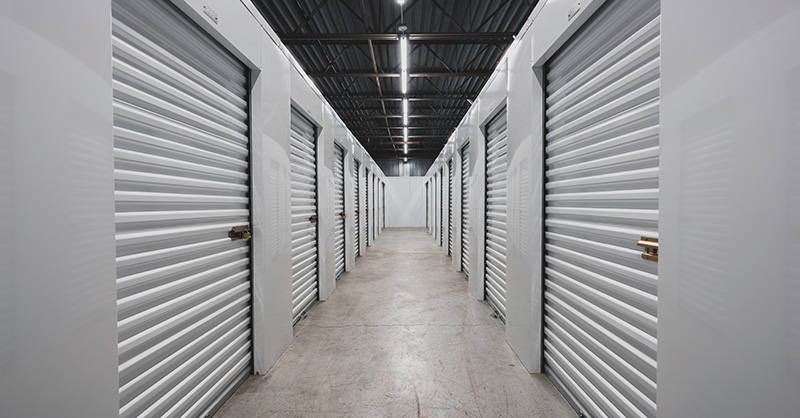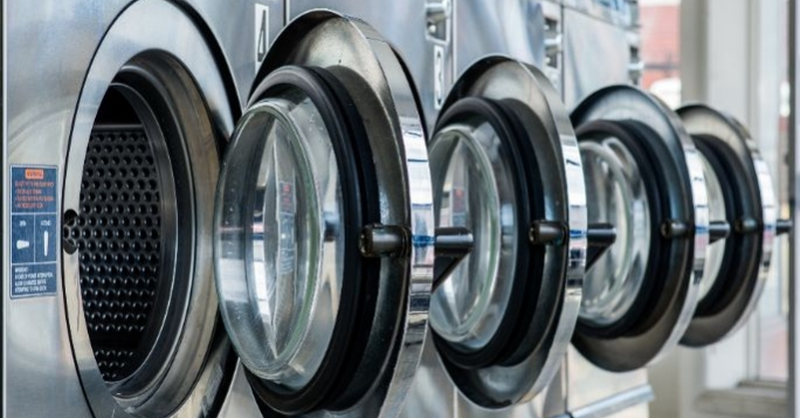Lithium-Ion Battery Safety

Lithium-ion batteries are generally safe. However, like many electronic products, certain hazards can emerge under improper conditions. Your organization can benefit by being knowledgeable and prepared.
What are Lithium-Ion Batteries?
Lithium-ion batteries are a specific type of rechargeable battery that work using movement of lithium ions to create an electrical current. They were introduced to the consumer market in 1991 and quickly gained popularity due to their higher efficiency and longer lifespan in comparison with other rechargeable battery types. They have since been increasingly used in the products and technology we use every day. They can be found in vehicles, personal computers and cameras, surveillance systems, medical devices, solar power systems and much more.
Sales and usage show no signs of slowing down. Between 2013-2018, global sales more than doubled and they have become the most popular battery storage option available. International demand for automotive lithium-ion batteries specifically increased ~65% from 2021-2022 as electric passenger vehicle sales have grown (~80% increase in USA, ~70% increase in China). Such a rapid pace may continue for years to come with some estimates predicting global demand increasing sevenfold between 2022-2030.
The Dangers of Lithium-Ion Batteries
The most significant hazard for lithium-ion battery usage and storage is fire and/or explosion. Lithium cells produce a high amount of energy in a small space, known as high energy density. Heat released during cell failure can damage nearby cells and cause a chain reaction, known as thermal runaway. High energy density is more susceptible to thermal runaway. The heat can also result in combustion when byproducts ignite, or chemical reactions that leak by-products including carbon monoxide. Some combustion can be accompanied by the release of hydrofluoric acid.
In 2018, the U.S. Consumer Product Safety Commission reported 25,000+ overheating or fire incidents involving 400+ types of lithium-ion battery-powered products over a 5-year period. These incidents carry the potential for significant property damage or bodily injury. Many small, wearable devices such as body cameras use lithium-ion batteries.
Electric vehicles using lithium-ion batteries in certain coastal areas face a unique hazard. After Hurricane Ian in 2022, it was discovered that at least 8 fires in Florida were linked to lithium-ion batteries that had been submerged in salt water, increasing their vulnerability to thermal runaway. This applied not only to automobiles but also to golf carts, scooters, and even power tools.
How to Prevent Lithium-Ion Battery Fires
A primary reason lithium-ion batteries fail comes from the battery somehow being damaged. This may result from a manufacturing error or defect, but it more commonly comes from improper usage, storage, or charging. This may occur immediately with physical impact like dropping, crushing, etc. or it may occur gradually such as exposure to temperature.
Whether you’re a manufacturer, distributor, retail business, etc. it is more likely than not that your organization has some level of lithium-ion battery exposure. Here are some practical steps you can take to improve your risk management:
Best Practices
- Storage: Find a cool, dry location with room temperature. Damage can occur when temperatures are too high (>130 degrees F) or too low (<32 degrees F).
- Protection: Install fire extinguishers in accordance with NFPA (likely Class B or Class D). Install fire-rated metal doors. Consider installation of a sprinkler system and/or central fire alarm system. Consider installation of a ventilation system to mitigate.
- Charging: Always follow manufacturer’s instructions when charging to avoid overcharging or causing other damage. Remove batteries from charger once fully charged.
- Testing: Ensure all batteries, chargers, and other equipment are tested in accordance with the appropriate standard (UL, for example).
- Inspection: Implement regular inspection, preferably documented, especially if the product is a wearable device. Note signs of damage such as cracking, hissing, etc.
- Disposal: If a battery is damaged, remove it from service and place it in a fire-resistant container and contact a local recycling center for proper disposal instructions.
Training
- Pre-employment: Implement formal documented training for all new employees that will use or handle lithium-ion batteries. Training should include proper handling, storage, inspection, etc.
- Professional development: Discuss lithium-ion battery safety as a consistent topic during safety meetings. Info should include hazards, reinforcing training, and industry updates.
- Emergency action plan (EAP): Develop a formal written plan based on manufacturer’s instructions for responding to battery failures.
Please Note: Both training and the EAP should include proper information about incident response, including how to properly use fire extinguishers. An effective maintenance department is also critical for ensuring inspection of fire extinguishers, alarms, sprinkler risers, etc. remains up to date so protective systems will function correctly.
Additional Resources
- https://www.cpsc.gov/s3fs-public/High_Energy_Density_Batteries_Status_Report_2_12_18.pdf?UksG80UJqGY0q4pfVBkbCuUQ5sNHqtwO
- https://www.energy.gov/energysaver/articles/how-lithium-ion-batteries-work
- https://www.energy.gov/sites/prod/files/2020/12/f81/Energy%20Storage%20Market%20Report%202020_0.pdf
- https://www.propertycasualty360.com/2022/11/09/florida-cfo-warns-of-ev-battery-fires-offers-prevention-tips/
.png?sfvrsn=f41e22b1_1)








